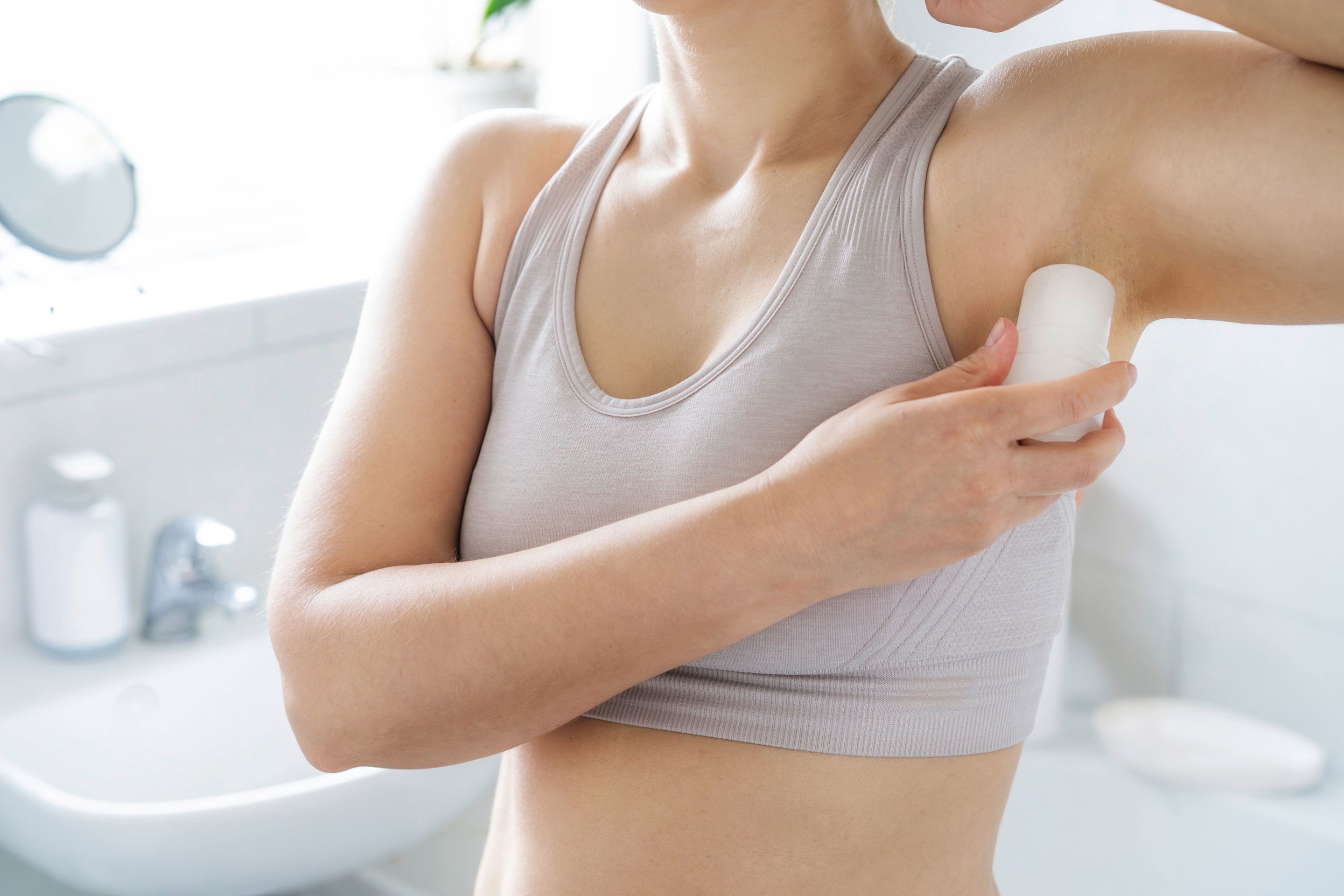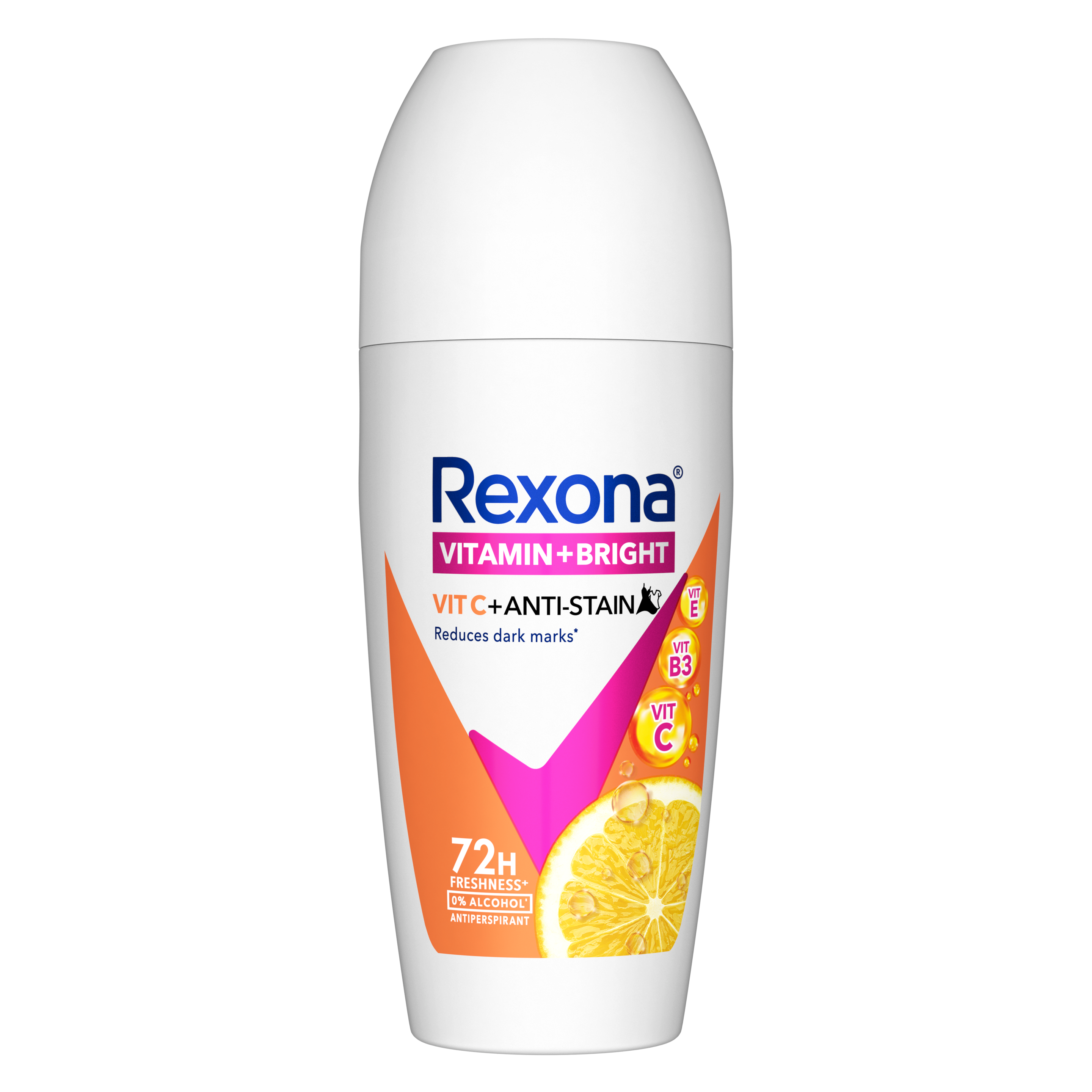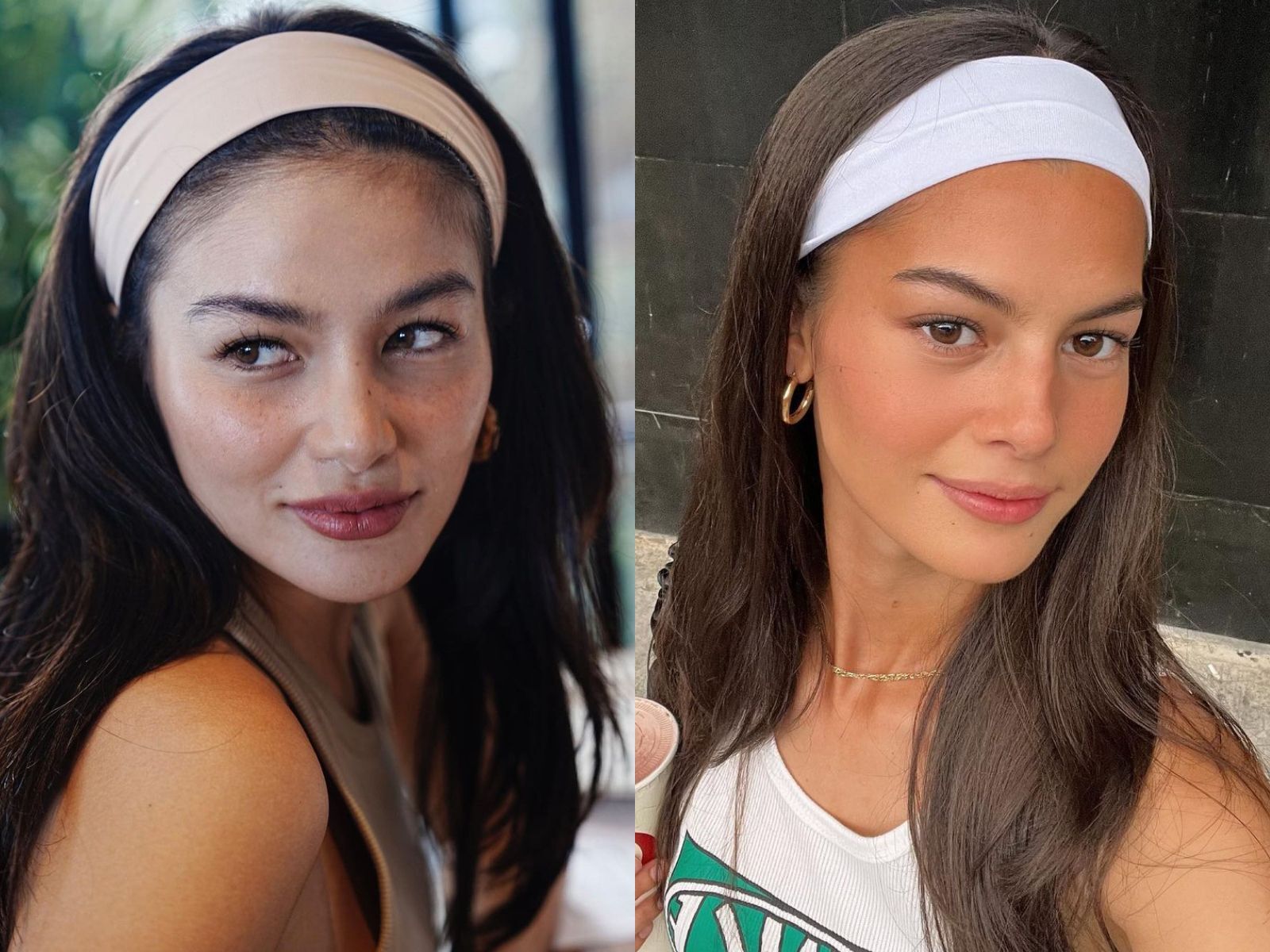Tips and Inspiration
From Unilever Beauty Experts
Clean beauty fans often pit tawas powder against antiperspirants, highlighting tawas as chemical-free. But it's inaccurate to say one is "better" than the other.
These products protect the underarms in different ways. Tawas is a deodorant that helps with odor, while antiperspirants reduce sweating and control odor. So, the right choice depends on your personal needs. Here's a guide that looks at the pros and cons of each to help you make the best decision for your 'pits.
What Is Tawas Powder: Pros and Cons
Tawas is made of a single ingredient, an aluminum salt called potassium alum. Potassium alum is used in mouthwash, water purification, baking powder, and more. Tawas comes in crystal form, which is why it’s often called “crystal deodorant.” It is ground into powder or molded to a roll-on bottle for easier application.
Pros of Tawas Powder
Clean beauty fans or those seeking a natural deodorant alternative emphasize the following benefits of tawas.
- Body odor control: Tawas powder's antimicrobial properties keep odor-causing bacteria in check.
- No artificial fragrances: Those sensitive to scents like that tawas has no odor.
- Gentle on the skin: Potassium alum does not clog pores or block sweat.
- Affordable: A crystal block can last for months, making it an affordable beauty essential.
Cons of Tawas Powder
Although tawas is natural and free from synthetic ingredients, it works more as a deodorant than an antiperspirant. Here are some of its drawbacks.
- Lack of sweat control: Tawas is helpful with controlling odor but doesn't stop pit sweat.
- Extra application step: Potassium alum typically requires a bit of wetness for application (see more below).
- Mixed results in body odor: Some people believe tawas powder doesn't work well if applied after body odor has already started.
- Skin irritation: Some people have reported feeling a stinging or burning sensation. Tawas deodorant can be rough on the skin if it's not applied correctly or if the crystal needs to be smoother.
How to Use Tawas Powder
For best results, always moisten the skin before applying tawas powder. You can apply it after bathing or showering when your skin is still damp. Tawas can be harsh on dry, sensitive, and thinning skin. If using unprocessed crystal deodorant, wet the top of the crystal slightly before applying it to clean skin.
What Are Antiperspirants: Pros and Cons
Most people think body odor comes from sweat, but sweat is almost odorless. Body odor occurs when sweat mixes with bacteria on the skin. As bacteria break down some of sweat's proteins and lipids, an unpleasant odor becomes the consequence.
Antiperspirants stop the sweat from reaching the surface of the skin. They use various aluminum salt formulas to create a barrier that blocks pores and prevents sweat from coming out. Less sweating leads to no body odor.
Pros of Antiperspirants
Dermatologists actually prescribe antiperspirants as the first line of defense against excessive sweating.
- Effective sweat control: Antiperspirants are the secret weapon to staying dry and smelling fresh during high-stress situations and intense fitness workouts.
- Various strengths: Aside from doubling as a deodorant, antiperspirants come in different formulas, from gentle to clinical strength.
- Convenience: Antiperspirants are widely available and come in various forms, including roll-ons, sprays, sticks, and creams in travel-friendly sizes.
- Usefulness: Antiperspirants can also be used on sweaty hands and feet. Just apply them to dry skin (learn more below).
Cons of Antiperspirants
Ingredients in antiperspirants have become a heated topic of discussion regarding potential health risks. However, experts in science and medicine have stressed that there isn't solid evidence connecting the use of antiperspirants to cancer or other diseases. The only real possible complications to using antiperspirants are the following:
- Skin irritation: Antiperspirants labeled "clinical strength" have higher concentrations of aluminum compounds. These can cause skin irritation if you shave or don't follow application instructions.
- Wrong use: Applying antiperspirant to sweaty or wet skin can cause irritation and stinging.
How to Use Antiperspirants
Unlike tawas powder, antiperspirants work best on dry skin. The International Hyperhidrosis Society recommends applying antiperspirant once in the morning and again before bedtime. If you only plan to use it once, use it before bedtime.
The American Academy of Dermatology Association also suggests applying antiperspirant to dry skin before exercising or when you expect to sweat a lot.
As for the best antiperspirant deodorant for women, dermatologists always advise starting with a more gentle option that's kind to your skin. Try Rexona's Vitamin+Bright range, which offers up to 72 hours of sweat and odor protection with regular use.
The Rexona Roll-On Deodorant Vit C + Anti-Stain reduces dark marks and prevents stains on clothes. For best results, Rexona recommends applying four to six swipes per armpit daily for complete coverage after every shower.
If you prefer an aerosol option, Rexona Vitamin + Bright Deodorant Spray Vit C + Anti-Stain also brightens and nourishes armpit skin. Shake the can before applying, and spray from halfway between your underarm and elbow for a maximum of three seconds.
Making the Choice
Although it may seem like a battle of tawas powder deodorant vs. antiperspirant, the best choice is the one that aligns with your skin sensitivities and self-care needs.
Tawas powder controls odor but may not be ideal for people looking to keep their underarms dry all day. On the other hand, antiperspirants are multitaskers – they can keep you dry and smell fresh all day. Which one makes you feel confident, comfortable, and ready to conquer the day?








